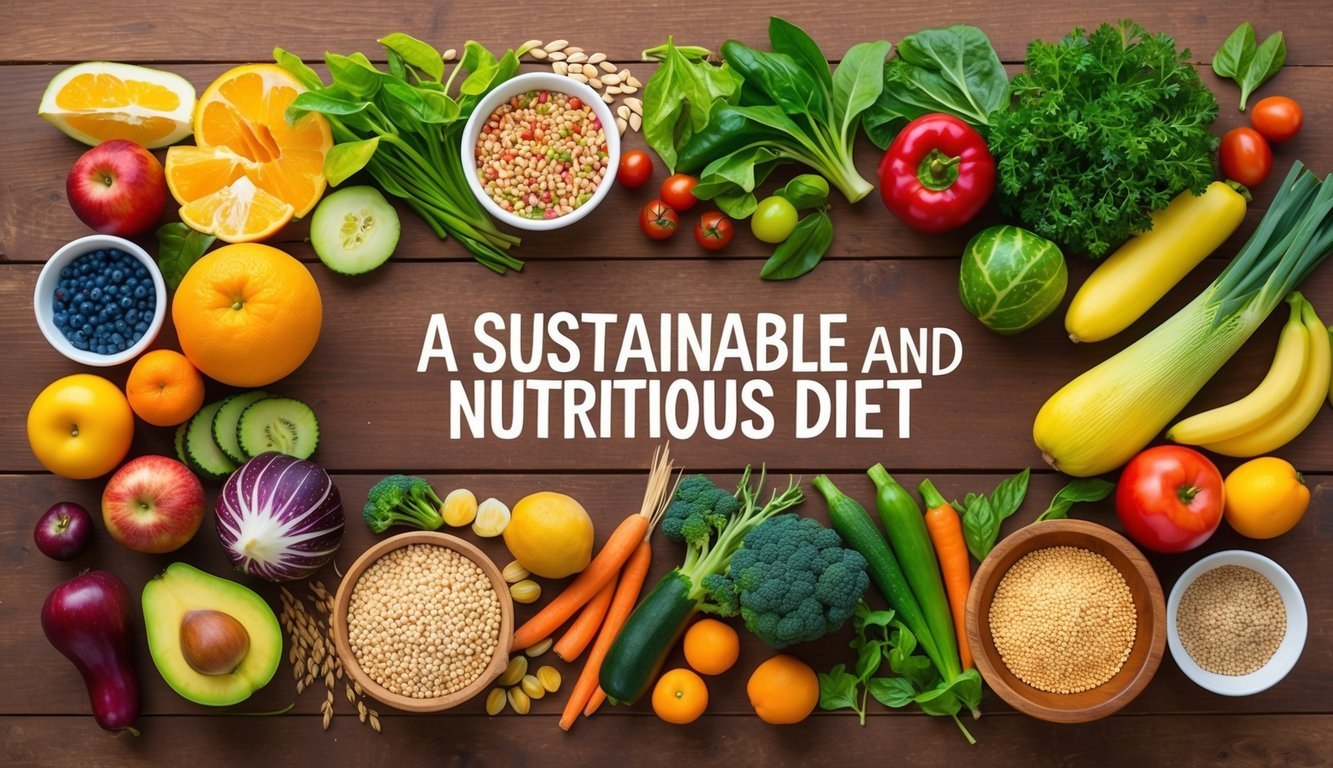
In 2019, the seminal EAT-Lancet report put forth the idea of a Planetary Health Diet, a framework designed to enhance human health while also promoting environmental sustainability. This innovative dietary approach encourages a greater consumption of whole plant-based foods—such as fruits, vegetables, legumes, whole grains, and nuts—while advocating for reduced intake of less wholesome options like red meat, refined grains, and added sugars.
Enhancing Nutrient Absorption
A primary focus of the research is on how effectively we absorb vital nutrients such as iron, zinc, and calcium from plant-based foods. These nutrients can be less accessible than those from animal sources. However, the study’s authors propose various techniques—like soaking, cooking, milling, fermenting, and germinating—to improve bioavailability. Interestingly, while some plant foods might have lower rates of calcium absorption, others can surpass dairy in their absorption rates. Moreover, pairing iron-rich plant foods with vitamin C can significantly enhance iron uptake.
Incorporating Indigenous Ingredients
The researchers emphasize the importance of integrating indigenous foods into the Planetary Health Diet. These foods not only contribute to biodiversity and resilience in food systems, but they also offer valuable nutritional, cultural, environmental, and socioeconomic benefits. The study suggests that countries should advocate for these ingredients within their national dietary guidelines.
Fostering Dietary Diversity
The Planetary Health Diet promotes a spectrum of eating styles, from those that include some animal products to completely plant-based diets. However, this recent study highlights the need for clear guidance on well-planned vegan and vegetarian diets. In particular, it stresses the importance of plant-based alternatives to cow’s milk and strategies to fulfill calcium needs. Recommendations might include advocating for fortified plant milk and encouraging the consumption of leafy greens as calcium sources.
This research delves into how dietary habits can differ by gender, revealing that women typically consume less meat and incorporate more plant foods than men. Some critics argue that the Planetary Health Diet does not sufficiently address the iron requirements of menstruating individuals. The researchers counter that plant-based diets can be beneficial for this group. They highlight the connection between meat consumption and certain health conditions, such as endometriosis, and point out that diets rich in plants might lower the risk of breast cancer. Instead of advocating for increased meat intake, the authors suggest that the focus for menstruators should be on plant-rich options.
While the EAT-Lancet Commission cautions against highly processed foods, the research indicates that not all plant-based processed options are unhealthy. For instance, products like soy milk and whole grain bread can still serve as nutritious choices. Therefore, there’s an urgent need for clearer guidelines to help consumers select healthier plant-based foods.
The study puts forward the idea of a One Health approach, advocating for a harmonious balance of human, animal, and environmental health. While the Planetary Health Diet aligns with this vision, the researchers suggest further exploration of critical issues such as wildlife conservation, foodborne illnesses, zoonoses, and antimicrobial resistance.
Amid critiques concerning the nutritional adequacy of the Planetary Health Diet, a separate study from last year indicates that adherence to this dietary pattern can markedly decrease the risk of premature death. Experts emphasize the urgent nature of the climate crisis, underscoring the significant role of the food system within this scenario. They argue that healthier eating habits can be a powerful tool in combating climate change, revealing a compelling link between planetary well-being and human health—what nurtures the planet, ultimately benefits us all.
Source: Vegconomist

